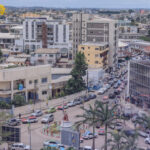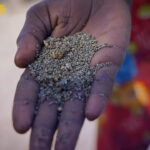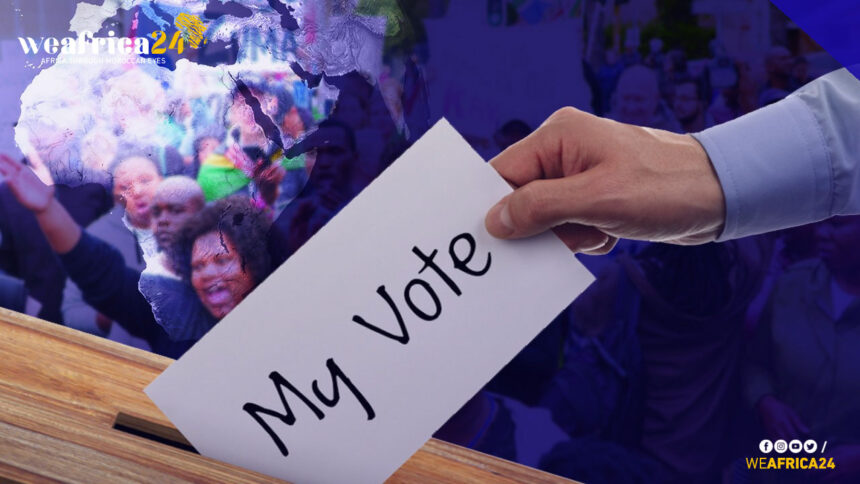Political Landscape of Africa
Africa is a continent rich in diversity and culture, with more than 50 countries and over 1.3 billion people. Conflict, corruption, and a lack of democracy have marred the political landscape of Africa despite efforts to overcome these challenges. However, over the last few decades, there have been significant changes in the political landscape of Africa, with many countries moving towards democratic governance and holding free and fair elections. In this article, we will delve into the political landscape of Africa, including elections, democracy, and governance, and explore the challenges and opportunities facing the continent.
Elections in Africa
Elections are a crucial aspect of democratic governance and provide citizens with the opportunity to choose their leaders. In Africa, elections have become more frequent, competitive, and peaceful over the years. However, many African elections are still plagued by issues such as voter suppression, violence, and fraud.
Allegations of vote rigging and violence marred the recent elections in Zimbabwe, leading to widespread protests and international criticism. In contrast, the presidential elections in Ghana in 2020 were widely praised as free and fair, with a peaceful transfer of power from one party to another.
Democracy in Africa
Democracy is a form of government in which power is held by the people, either directly or through elected representatives. In Africa, the concept of democracy is still relatively new, with many countries only transitioning to democratic governance in the last few decades. Despite this, there has been significant progress in the promotion of democracy in Africa, with many countries holding free and fair elections and adopting democratic constitutions.
However, the path to democratic governance in Africa has been far from smooth, and many challenges remain. For example, corruption is still a major issue in many African countries, with government officials using their positions of power for personal gain. Additionally, weak institutions and a lack of accountability have made it difficult for African democracies to take root and flourish.
African Governance
Governance refers to the process of decision-making and the exercise of authority in a country or community. In Africa, governance has been a major challenge, with many countries suffering from weak institutions, corruption, and a lack of accountability. This has led to widespread poverty, inequality, and conflict, and has hindered the development of the continent.
However, there are signs of progress in African governance, with many countries taking steps to improve their institutions and promote accountability. For example, many African countries have established independent electoral commissions and anti-corruption agencies to address these issues. Additionally, civil society organizations and the media play an important role in promoting good governance and holding those in power accountable.
Political Landscape of Africa: Conclusion
The political landscape of Africa is complex and dynamic, with many challenges and opportunities. Despite making progress in recent years, we still have much work to do in promoting democracy, elections, and governance in Africa. However, with the commitment of African leaders, civil society organizations, and the international community, there is hope that the political landscape of Africa will continue to improve and that the continent will move towards a brighter future.







